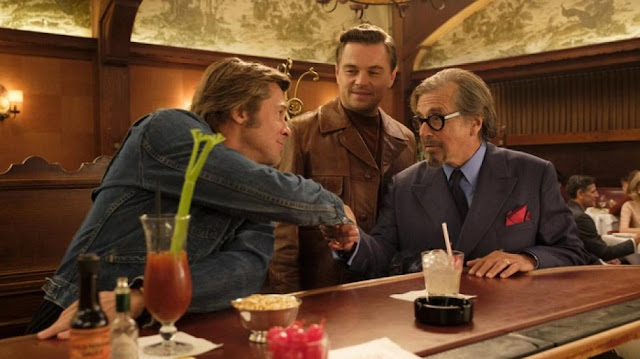Sorry Cat People, This One Is Not For You.
By Tom Pacak
Rule #1 for every Wes Anderson film, make it more strange than the previous Wes Anderson film. Wes Anderson is back in stop-motion territory with “Isle of Dogs.” His previous effort in stop-motion “Fantastic Mr. Fox” was a great film. George Clooney wore the role of Mr. Fox like a second skin. Instead of setting the story around foxes, Anderson sets this film around man’s best friend: dogs.
“Isle of Dogs” continues Anderson’s streak of attention to details, overall weirdness, and an A-list cast so big they make “Avengers: Infinity War” look small. Set in a dystopian futuristic Japan, dogs have been considered outlawed due to dog flu that infected the dog population. All dogs are sent to Trash Island where they are required to live out the rest of their days. The first dog to be thrown out is Spots (voiced by Liev Schreiber) the dog of Atari Kobayashi (Koyu Rankin) who is the nephew of the Trump like mayor of Megasaki City Mayor Kobayashi (Kunichi Nomura). Wes Anderson succeeds at metaphorically representing Trump’s policies into the film. Think of the dogs as immigrants and Trash Island as the wall.
Not giving up, Atari flies to Trash Island to find his lost dog. Along the way, he comes across a trio of dogs who all share different traits. Wes Anderson alumni Edward Norton, Bill Murray, Jeff Goldblum, and Bob Balaban add a deadpan flare voicing four of the five dogs. Bryan Cranston stands out as Chief, the stray dog leader of the group who at first is grumpy but then comes to help Atari after seeing how much he loves Spots.
Without giving away spoilers, the trio set off to find Spots. Along the way, they encounter murder conspiracies, trash compactors, robot dogs, and a pro-dog foreign exchange student in the form of a white savior Tracy Walker (voice by Lady Bird director Greta Gerwig). The animation in this film is amazing. I’ve always loved stop-motion animation films and this is no exception. Also, shoutout to Academy-Award winning composer (The Shape of Water) Alexandre Desplat for using taiko drums and songs from Akira Kurosawa films such as Seventh Samurai.
Movies always have the power of using the cinematic language to convey political issues. Whether it’s Charlie Chaplin’s attempt to unite all during Nazi Germany with “The Great Dictator” (1940) or a more modern approach with Martin Mcdonagh’s message to protest an unfair system with the Academy-Award winning film “Three Billboards outside Ebbing, Missouri” (2017). Despite painting a Mid-Western as the hero of the film, Anderson has empathy for his four-legged dreamers. The film tackles the importance of protesting what’s wrong and the power of resisting an unfair authoritarian system. FoxNews would tell these dogs to shut up and bark, I’d say bark and resist.
Note: Now Playing in theaters
Rating: 3.5 stars out of 4 stars
Rating: 3.5 stars out of 4 stars




Comments
Post a Comment